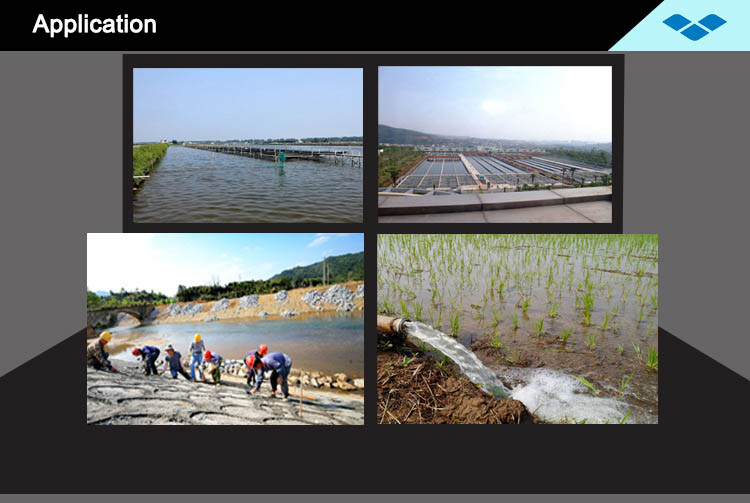Haitian Creole
- Afrikaans
- Albanian
- Amharic
- Arabic
- Armenian
- Azerbaijani
- Basque
- Belarusian
- Bengali
- Bosnian
- Bulgarian
- Catalan
- Cebuano
- Corsican
- Croatian
- Czech
- Danish
- Dutch
- English
- Esperanto
- Estonian
- Finnish
- French
- Frisian
- Galician
- Georgian
- German
- Greek
- Gujarati
- Haitian Creole
- hausa
- hawaiian
- Hebrew
- Hindi
- Miao
- Hungarian
- Icelandic
- igbo
- Indonesian
- irish
- Italian
- Japanese
- Javanese
- Kannada
- kazakh
- Khmer
- Rwandese
- Korean
- Kurdish
- Kyrgyz
- Lao
- Latin
- Latvian
- Lithuanian
- Luxembourgish
- Macedonian
- Malgashi
- Malay
- Malayalam
- Maltese
- Maori
- Marathi
- Mongolian
- Myanmar
- Nepali
- Norwegian
- Norwegian
- Occitan
- Pashto
- Persian
- Polish
- Portuguese
- Punjabi
- Romanian
- Russian
- Samoan
- Scottish Gaelic
- Serbian
- Sesotho
- Shona
- Sindhi
- Sinhala
- Slovak
- Slovenian
- Somali
- Spanish
- Sundanese
- Swahili
- Swedish
- Tagalog
- Tajik
- Tamil
- Tatar
- Telugu
- Thai
- Turkish
- Turkmen
- Ukrainian
- Urdu
- Uighur
- Uzbek
- Vietnamese
- Welsh
- Bantu
- Yiddish
- Yoruba
- Zulu
Telephone: +86 13120555503
Email: frank@cypump.com
Dec . 17, 2024 20:19 Back to list
slurry transfer pump efficient and reliable fluid handling ...
Efficient and Reliable Fluid Handling The Role of Slurry Transfer Pumps
In a world where industrial processes are constantly evolving, the need for efficient and reliable fluid handling solutions has never been more critical. Slurry transfer pumps play an essential role in various industries, such as mining, wastewater treatment, and construction. Their ability to manage complex mixtures of solids and liquids contributes to operational efficiency and cost-effectiveness, making them invaluable in today’s industrial landscape.
Understanding Slurry Transfer Pumps
Slurry transfer pumps are specifically designed to transport slurry, a mixture of liquid and solid particles. The composition of the slurry can vary significantly, including everything from mineral ores in a mining operation to sediments in a wastewater treatment facility. As such, these pumps must be engineered to handle abrasive and viscous materials effectively while minimizing wear and tear on the pump components.
Efficiency in Slurry Handling
The efficiency of a slurry transfer pump can be determined by several factors
1. Flow Rate This is the volume of slurry that can be moved over a specific time. A higher flow rate often indicates better efficiency, but it must be balanced with the weight and density of the slurry being pumped. 2. Pump Design Various designs, including centrifugal pumps and positive displacement pumps, offer different advantages depending on the application. For instance, centrifugal pumps are often used for lower viscosity slurries, whereas positive displacement pumps can handle thicker, more viscous mixtures more effectively.
3. Energy Consumption An efficient slurry pump should consume less energy while delivering the required output. Modern pumps incorporate advanced materials and technologies to reduce energy requirements, leading to lower operational costs.
Reliability in Operation
slurry transfer pump efficient and reliable fluid handling ...

Reliability is another critical factor in the performance of slurry transfer pumps. A reliable pump ensures uninterrupted operation, which is vital for maintaining productivity in industrial processes. Several factors contribute to the reliability of these pumps
1. Durable Construction Slurry transfer pumps are often exposed to harsh working conditions, including high temperatures, extreme pressures, and abrasive materials. Choosing pumps made from durable materials such as high-chrome alloys or rubber linings can significantly enhance their lifespan.
2. Maintenance Regular maintenance is crucial in prolonging the operational life of slurry pumps. Implementing a predictive maintenance program allows operators to identify potential issues before they lead to pump failure. Using condition monitoring tools can help track performance metrics and facilitate timely interventions.
3. Operational Training Proper training for personnel operating slurry pumps is essential for ensuring reliable performance. Understanding the pump's capabilities, limitations, and maintenance requirements aids in preventing errors that could lead to downtime or equipment failure.
Applications Across Industries
The versatility of slurry transfer pumps allows for their application across various industries. In mining, they are vital for transporting ore slurries and tailings, significantly affecting overall productivity. In wastewater treatment facilities, they manage the movement of sludge and other by-products, ensuring efficient treatment processes. The construction industry utilizes slurry pumps for transporting concrete and other mixtures, fundamental to various construction projects.
Conclusion
In summary, slurry transfer pumps are indispensable tools in modern industrial practices, providing efficient and reliable fluid handling solutions. Their ability to manage complex mixtures of solids and liquids ensures that companies can maintain productivity and operational efficiency while minimizing costs. By focusing on the design, maintenance, and operation of these pumps, industries can harness their full potential, ultimately leading to enhanced performance and reduced environmental impact. As technology continues to advance, the future looks promising for slurry transfer pumps, with ongoing innovations expected to further improve their efficiency and reliability in fluid handling.
-
Heavy-Duty Mining Sludge Pumps - Wear-Resistant Slurry Handling
NewsAug.02,2025
-
Horizontal Split Case Pump with GPT-4 Turbo | High Efficiency
NewsAug.01,2025
-
ISG Series Pipeline Pump - Chi Yuan Pumps | High Efficiency, Durable Design
NewsAug.01,2025
-
Advanced Flue Gas Desulfurization Pump with GPT-4 Turbo | Durable & Efficient
NewsJul.31,2025
-
ISG Series Vertical Pipeline Pump - Chi Yuan Pumps | Advanced Hydraulic Design&Durable Construction
NewsJul.31,2025
-
ISG Series Vertical Pipeline Pump - Chi Yuan Pumps | Energy Efficient & Low Noise
NewsJul.31,2025










